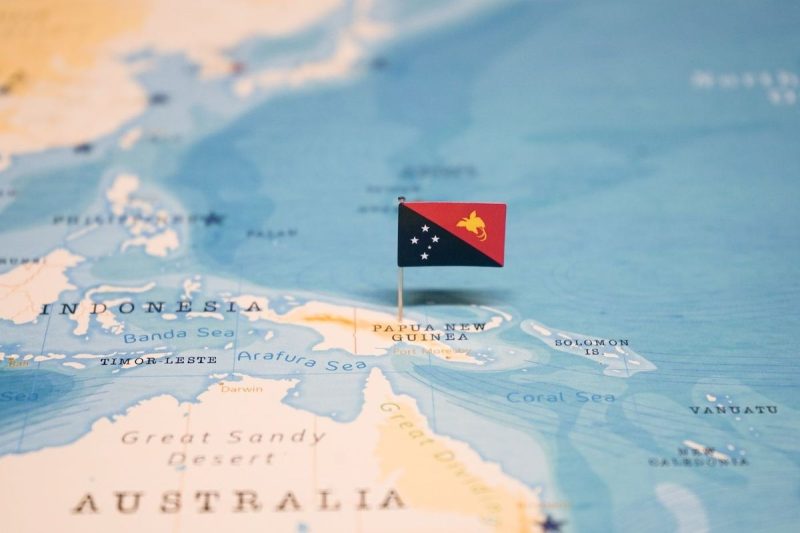In a devastating turn of events near the Porgera gold mine in Papua New Guinea, a tribal conflict has erupted, resulting in the tragic loss of 30 lives. This incident highlights the ongoing challenges faced by communities living in close proximity to resource extraction sites and brings to the forefront the complex issues of territorial disputes, lack of governmental intervention, and the impact of mining operations on local populations.
The Porgera gold mine, operated by Barrick Gold Corporation, has been a source of contention for years, with tensions running high between the indigenous communities and the mining company. The mine, one of the largest in the world, has brought economic opportunities to the region but has also caused environmental degradation and social upheaval.
The recent clash between tribal groups in the vicinity of the mine underscores the deep-rooted animosities and competition for resources that have plagued the area. With limited access to basic services and infrastructure, such as education and healthcare, these communities are often left to fend for themselves, leading to conflicts over land, water, and other essential resources.
While the exact details of the confrontation remain unclear, it is evident that the lack of effective conflict resolution mechanisms and support from the authorities has allowed tensions to escalate to a deadly level. The local police force, already overwhelmed by the challenges of maintaining law and order in a volatile region, has struggled to contain the violence and prevent further loss of life.
Additionally, the role of multinational corporations like Barrick Gold in exacerbating social tensions and fueling conflict cannot be ignored. The pursuit of profits often comes at the expense of local communities, who bear the brunt of environmental degradation, displacement, and loss of livelihoods. Without meaningful engagement and consultation with affected communities, mining companies risk inflaming existing grievances and perpetuating cycles of violence.
As the death toll rises and the survivors grapple with the trauma of the recent clashes, urgent action is needed to address the root causes of the conflict and prevent future bloodshed. Government authorities must prioritize the safety and well-being of all residents in the region, ensuring access to justice, security, and essential services.
Community leaders, traditional elders, and other stakeholders must come together to promote dialogue, reconciliation, and sustainable solutions that prioritize peace and cooperation over discord and violence. Only through inclusive and participatory processes can long-lasting peace and stability be achieved in the shadow of the Porgera gold mine.
In conclusion, the tragic events near the Porgera gold mine serve as a stark reminder of the complex socio-economic and political dynamics at play in resource-rich regions. By addressing the underlying grievances, fostering community resilience, and holding all responsible parties accountable, we can work towards a future where conflict and bloodshed are replaced by cooperation and shared prosperity.
